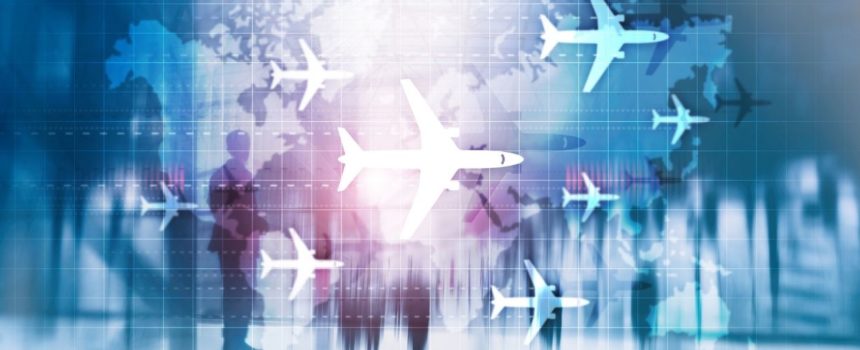In 2018, the airline industry set a record by flying more than 4.3 billion passengers, and the revenue generated is more than $560 billion. With these statistics, you may think the airline industry is doing pretty well. But to achieve such heights, the challenges the airline industries face are equally prominent. No matter the industry, the only way to succeed is by fulfilling the customer’s expectations.
Several experienced-based airline industries understand the meaning and value of personalization along with its impact on their business related to the History of Aviation. As per the research done by Forrester, about 25% of airline industries are currently operating an experienced business that understands the effects of personalization and has been making 2x more revenue than their competitors.
For instance, Aviation PR Agency can provide contextual and meaningful personalization. Thus, it results in the next generation travelers having high hopes from your airlines.
How Personalization Can Help Airlines Improve the Passenger Experience
- Personalize Passenger Experience: Airlines can keep track of their passenger’s needs and preferences. They can provide messages, contextual offers, and recommendations for every passenger flying with them. For instance, they can recommend in-flight entertainment, checking if the passenger has ordered special meals, etc. These activities help to make a one-to-one relationship or engagement with the passenger. Thus, it helps the airline to create a long-term relationship with the passenger. It also drives revenue profitability and growth for the airline.
- Increase Customer Satisfaction: Most airlines are working proactively and providing information to resolve passenger’s issues by reducing the effects of travel disruptions. This information provided to passengers has to be more than just updating them with flight information. It is done by connecting logistical data and customers with machine learning insights. It will help employees to take good care or right actions to fulfill each passenger’s needs. For instance, when the flights get delayed during bad weather, you can offer passengers dinner coupons at any restaurants near the gate.
- Personalized Offers: Non-personalized offers have less than a 1% response rate as the messages don’t convince or connect the passengers in a sensible way. Airlines can use intelligent decisions and data to present an excellent offer at the right time to the passengers. Airlines can also communicate with customers when they are ready to buy tickets. For instance, airlines can suggest holiday packages depending on the customer’s purchase history or offer specific seats with extra leg space, which would help the airlines earn revenue.
Leading airlines Who have seen Success through Personalization
- Transavia: The airline makes the dreams come true for every passenger as they utilize unified communication platforms. These platforms help analyze the passenger’s data and recognize their requirements before, during, or after their flight.
- British Airways: This airline does a one-to-one engagement with each passenger and records the passenger’s experience to build loyalty. Hence, it can be a daunting task for an airline with more than 400 million customer communications every year. However, the airline does this by adopting central decision platforms, an omnichannel approach, etc.
For an airline to succeed, it needs to take care of its passengers. Pearl Lemon is an Aviation PR agency and has significant experience in developing brands. They can help you to connect with your existing or future customers effectively and refine your communication strategy.
Author bio: Sam Edwards is a content writer who lives in Tunbridge Wells. He is working for kemistri. When he is not writing, he can be found grabbing a coffee or playing guitar.
how-aviation-businesses-can-engagement-with-the-next-generation-travelers










Comments